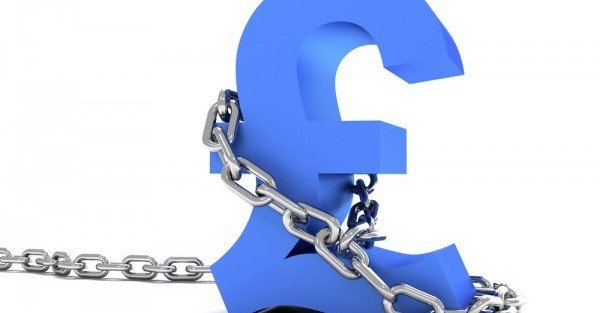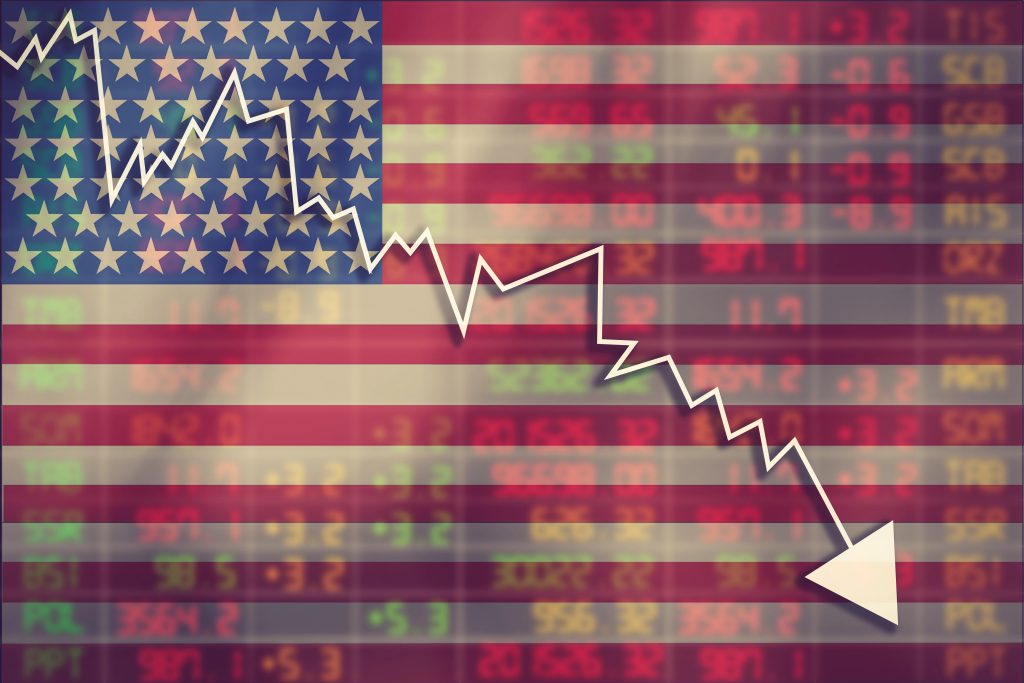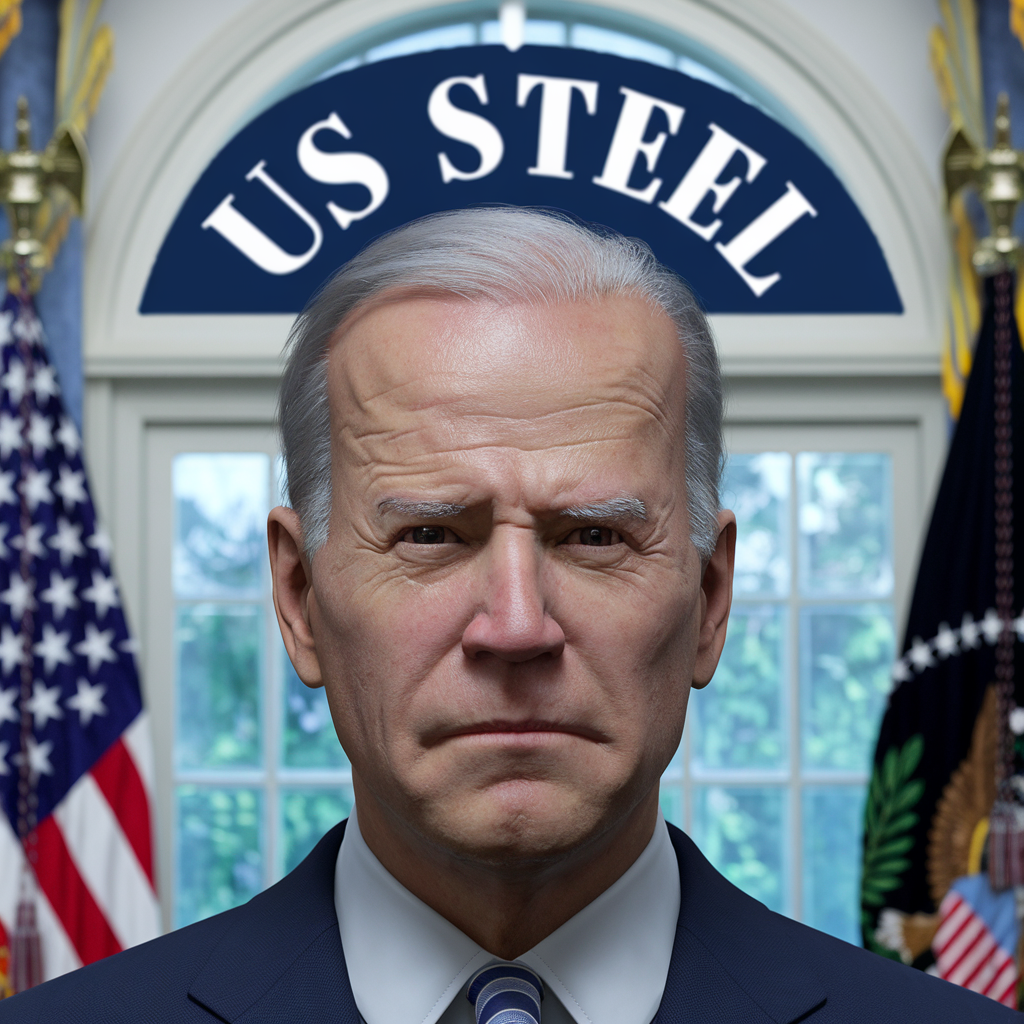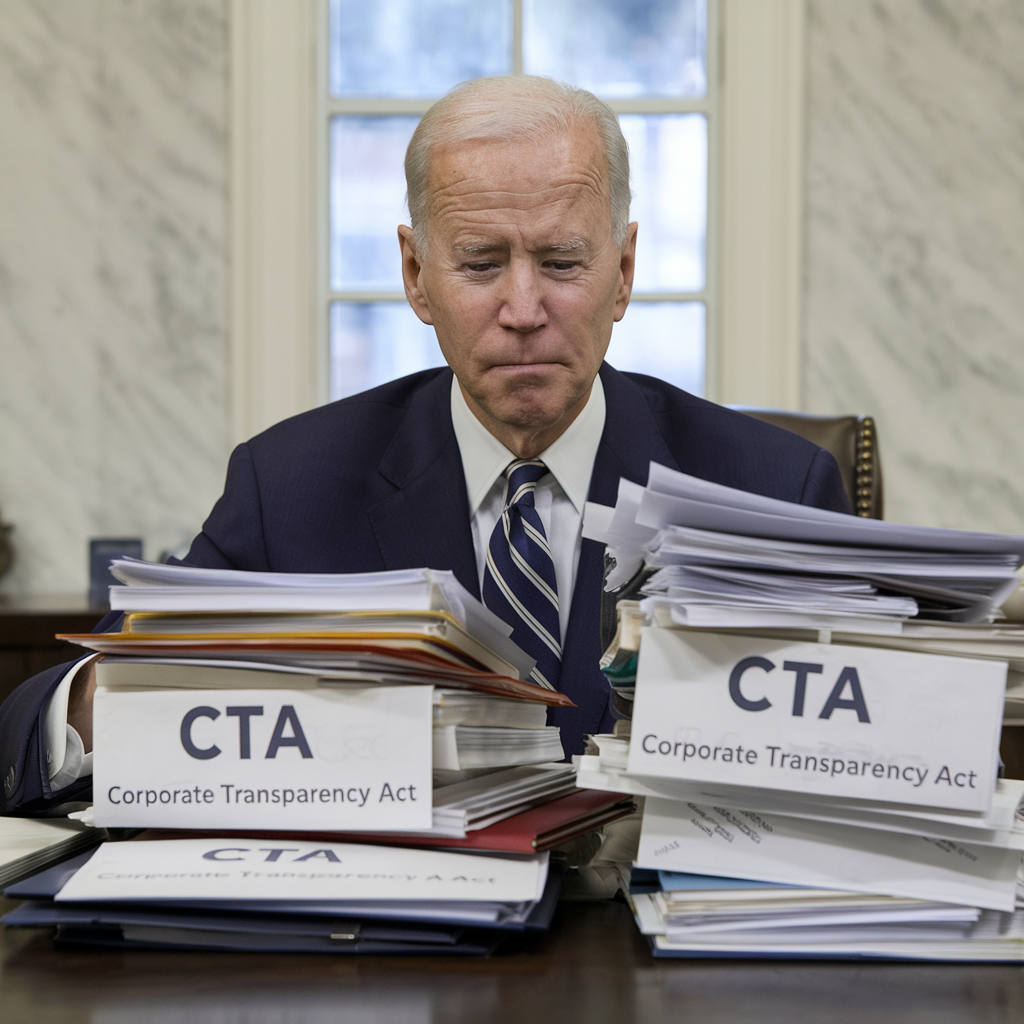[Editor’s note: Tim Price, London-based wealth manager, is filling in for Simon today.]
“..I sat at my desk wringing my hands, transfixed by the tragic slapstick of British politics..
“We are in the biggest domestic political crisis of my life..
“This is only the second time I can remember when the normal, trivial business of office life has stopped — and stayed stopped..
“I’ve witnessed a few surprising general election results, a few terrible terrorist events, a few sporting triumphs and defeats where we stopped and gawped and worried or marvelled for a little, but it never lasted long..
“The only other time I can remember when everything ceased was after 9/11..
“Another acquaintance, who holds a senior management job at a well-known company, reported feeling so lethargic and powerless he cancelled all but the most essential meetings and sat in his office staring at the news on screen, feeling increasingly out of control..
“Instead I went to work, and read more gloom about the UK economy. Sterling falling. Buyers pulling out of the property market. Decline in new job postings. And that is before the productivity catastrophe created by all this lethargy and all-round uncertainty..”
– Lucy Kellaway, ‘Carry on Post-Brexit, whether calm or not’, The Financial Times, 3 July 2016.
Ever since The Financial Times was acquired by the Japanese in the summer of 2015, its attitude toward the Establishment (that it partly forms) has hardened into ossified, dogmatic inflexibility. I felt so disturbed by Lucy Kellaway’s response to the Brexit vote that I felt compelled to write to her:
“Hi Lucy
“I’ve been reading my copy of the FT these last few weeks with a growing sense of disbelief – a sort of ‘Invasion of the Body Snatchers’ disbelief as you and your colleagues wail on about the collapse of everything you hold dear. Your piece today encapsulated that sense of rolling economic and cultural dread.
“I’m a fund manager, I live in London, I have a degree, I’m under 50 – and I voted ‘Leave’.
“Not one columnist on the paper has written in terms other than ones which are alienating, patronising, derogatory and spiteful to what I believe I voted for.
“I don’t know how often you get data about subscriber numbers but it would not surprise me if you sustain a large fall in readers when they’re next updated. I am thinking myself whether to maintain my own subscription – I don’t like paying top dollar to be insulted on a daily basis.
“If I am not representative of your “core”, who on earth can be?”
I didn’t get a response and, to be honest, I didn’t really expect one.
Two of the UK’s most influential financial journals of record – The Financial Times and The Economist – backed ‘Remain’ to the full extent of their journalistic resources, and lost. They now seem determined to talk us into recession. It would be a rather sad, pyrrhic victory if it came about.
Last Thursday, the FT’s senior investment commentator, John Authers, published a piece with the somewhat provocative title, ‘Central banks are not the enemy’. It included the following observations:
“..Trust is fragile and under attack. The urge to give the rich and powerful a hard kick links the UK’s vote to leave the EU, the nomination of Donald Trump and the rise of populist movements across Europe. Distrust of ruling elites is often justified but the breakdown in trust that is taking place today is different..”
“Monetary policy has stayed too loose for too long but that is not primarily a failure of central banks. Instead, it is a failure of politicians, who have avoided the spending commitments and deeper economic reforms, very painful at first, that would wean us off cheap money. And it is a failure of markets themselves, which freak out if denied their dose of easy money. Rather than ambitious power-grabbers, central bankers
strike me as awkward technocrats, deeply uncomfortable with the role that the abdication of responsibility by others has forced on them..“Markets are not efficient, and are often wrong. I have made a career out of explaining this. But they are not part of a political process, and ignoring them is not an option. When they set the price at which we can borrow, or at which we can exchange currency, they create truths we have to live with. Without the basis of trust, which appears to be ebbing away, the economy loses its cornerstone. And not even all the bonds in
Christendom can rebuild it.”
The pain of the Brexit vote clearly still smarts over at Southwark Bridge. But the conflation of Brexit with the rise of Donald Trump, and European nationalism, is more than a little contentious. The philosopher John Gray has been one of the most incisive analysts of the UK’s decision to leave the EU:
“As it is being used today, “populism” is a term of abuse applied by establishment thinkers to people whose lives they have not troubled to understand. A revolt of the masses is under way, but it is one in which those who have shaped policies over the past twenty years are more remote from reality than the ordinary men and women at whom they like to sneer.
The interaction of a dysfunctional single currency and destructive austerity policies with the financial crisis has left most of Europe economically stagnant and parts of it blighted with unemployment on a scale unknown since the Thirties.
At the same time European institutions have been paralysed by the migrant crisis. Floundering under the weight of problems it cannot solve or that it has even created, the EU has demonstrated beyond reasonable doubt that it lacks the – capacity for effective action and is incapable of reform.
Europe’s image as a safe option has given way to the realisation that it is a failed experiment. A majority of British voters grasped this fact, which none of our establishments has yet understood.”
Mr Authers is surely right to point out that politicians are also partly to blame for the current global economic malaise, in having created a policy vacuum into which central bankers have stepped, however reluctantly. But I cannot accept his statement that the markets are not now part of a political process, nor that they play any real role in setting borrowing prices, when monetary policy and effectively all of the yield curve is under central bank direction. Most frustratingly, he does not choose to follow the trail of breadcrumbs in his argument to an existential question about the validity of central banking itself. So I decided to write to him, too:
“Dear John
“I hope this finds you well.
“As you rightly suggest, social media exchanges tend rapidly to become tribal and divisive, which is why I am writing to you privately in response to today’s piece ‘Central banks are not the enemy’.
“According to the Bank of England’s website, its mission is “to promote the good of the people of the United Kingdom by maintaining monetary and financial stability.” How well they have delivered to this mandate since 2007 I will let you assess.
“In the light of this presumed objective, you may find the following note to one of my publishers interesting:
“I’ve been following with interest your, Bill Bonner’s and Jim Rickards’ exposure of fake money. First let me say that I totally agree with everything you have all written. I thought you might be interested in a concrete example.
“In 1971, as Nixon was embarking on his great economic experiment, my wife and I were in the process of buying our first house, a newly built three bedroom semi. As Warren Buffett remarked, “Price is what you pay, value is what you get.” Everything that can be reasonably described as capital has an intrinsic value. The intrinsic value of that house was that it provided a comfortable home for a young family. It was large enough to not feel claustrophobic. It had some private outside space, a drive on which you could park two cars and there was enough room to build a garage, although we couldn’t afford to do that. It was in a pleasant and safe environment with all amenities you would need, e.g. schools, doctors, a pub, an off-licence etc. That house is still there today. Its intrinsic value is pretty much the same today as it was 45 years ago. Perhaps a little less if its state of repair has deteriorated over the years or possibly a little more if the owners have added to it but no significant change.
“Money has no intrinsic value only extrinsic value. The value of money is simply what you can buy with it. In 1971 the house we bought cost £4,000. Today the same house would sell for about £200,000. That is an increase of a factor of 50 in 45 years or about 9% per annum. We tend to call this “inflation” but in reality it is “debasement of the currency”. How can we distinguish between the two? If I had bought the house in 1971 using gold I would have had to pay about 140 oz. If I wished to buy it today in gold it would cost me 190 oz. Given that the exchange rate between gold and fiat currencies has been manipulated to a low value over quite a long time span the price of the house in gold has hardly changed. If gold reaches £1,428 per oz in the not too distant future, which is a conservative estimate if you listen to Jim Rickards, the price will be identical in gold terms. Gold is a currency that can’t really be debased.
“You wouldn’t need to go far back in UK history to find a time when the punishment for debasing the currency was hanging and drawing. I believe it didn’t include quartering although I might be wrong. Perhaps reintroducing this punishment might concentrate the minds of those that dictate economic policy.”
—
The rest of my text to John Authers follows:
“You are right to suggest that central bankers are filling a void left by politicians. What concerns me is whether the institution itself is required, and whether, in the process of attempting to “maintain monetary and financial stability”, it is, in fact accelerating the destruction of all remaining faith in our monetary system.
“We allow markets to operate in just about every area of the financial system EXCEPT the setting of interest rates, which remains the exclusive privilege of the Bank. We are led to believe that a narrow clique of unelected technocrats led by a serial inflationist knows more about the economy and the 64 million people operating within it than those 64 million people themselves. We now face the prospect of the introduction of negative interest rates – a concept which I doubt even exists in most economics textbooks. If the Bank is trying to precipitate a) a run on the banking system and / or b) a run on the currency, it is certainly going the right way about it.
“By controlling interest rates and having facilitated QE, the Bank has undoubtedly affected both short term rates and bond yields. By impacting bond yields it is indirectly affecting equity prices too – no market is an island independent of other asset classes entirely. In a world of negative interest rates, savers and pensioners face an awkward choice between seeing their capital slowly evaporate in both real and nominal terms, embracing the credit, the derisory yield on offer, and the inflation risk of bonds, or risking their capital in an equity market arguably boosted unnaturally by QE and the distortions it has wrought elsewhere.
“At what point does the FT question whether the very concept of a central bank is fit for purpose any more? If Mark Carney and the MPC aren’t the enemy here, who on earth is? The experiences of Nazi Germany, Soviet Russia and Communist China showed the “demerits” of central planning. Why should we allow it to persist in our monetary system? If Government insists on maintaining a monopoly on the issuance of money, the very least it can do is protect its purchasing power. We are sleepwalking towards a religious experience for investors, and not, I suspect, in any good way.”
At the time of writing I had not received a response but, again, I didn’t really expect one.







